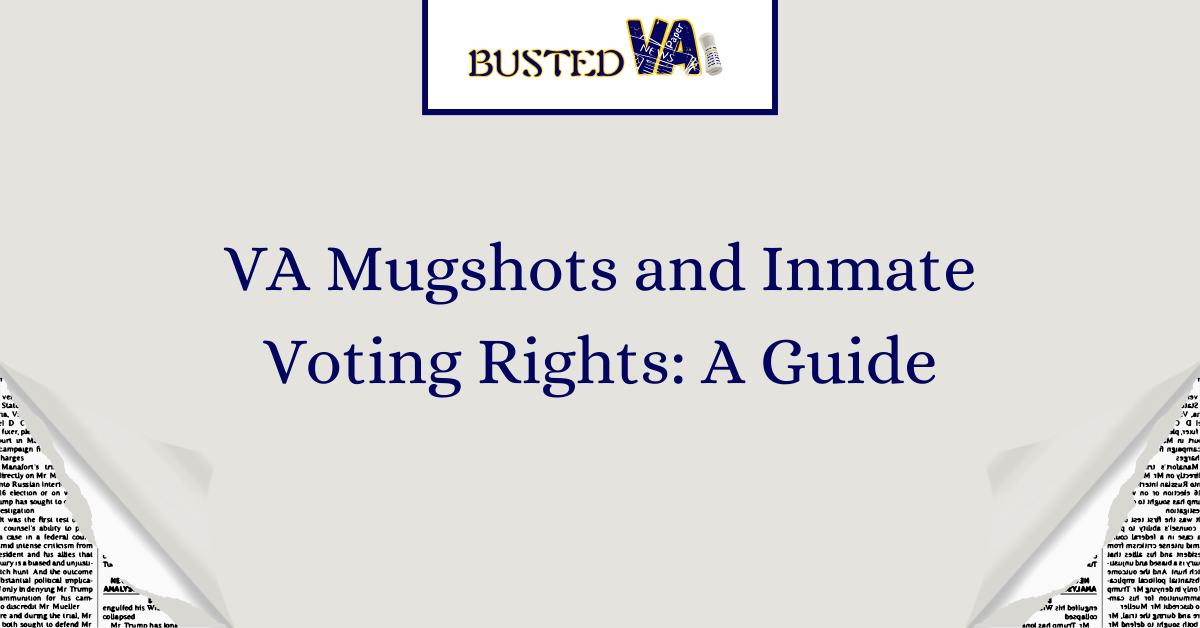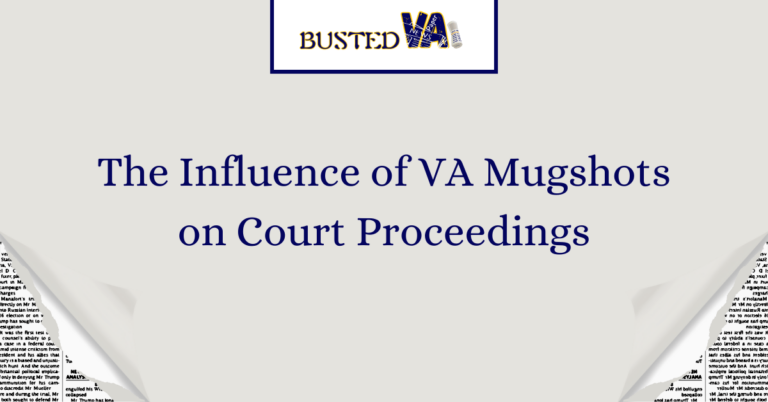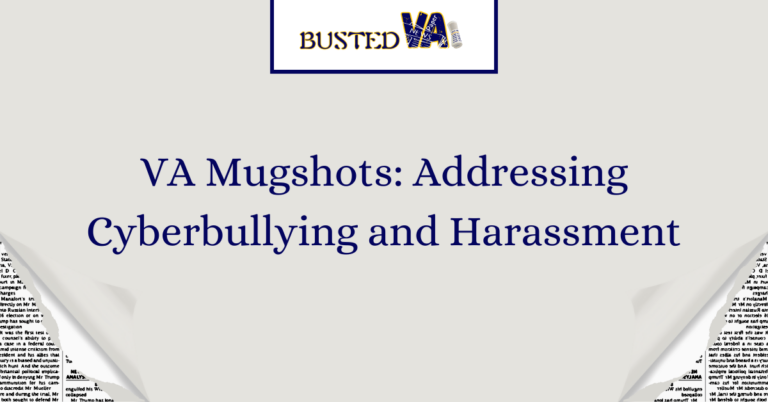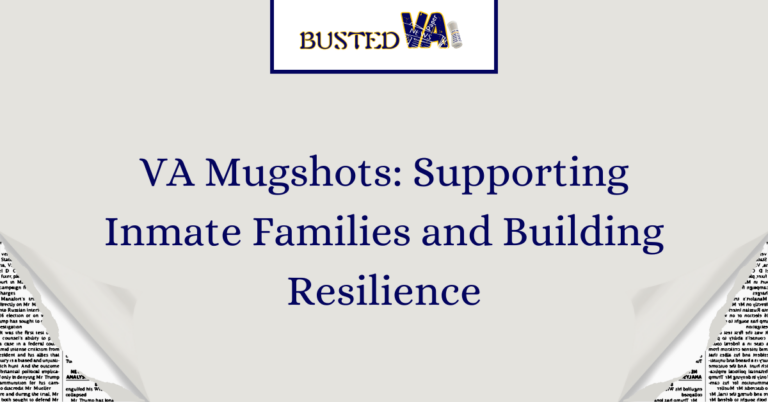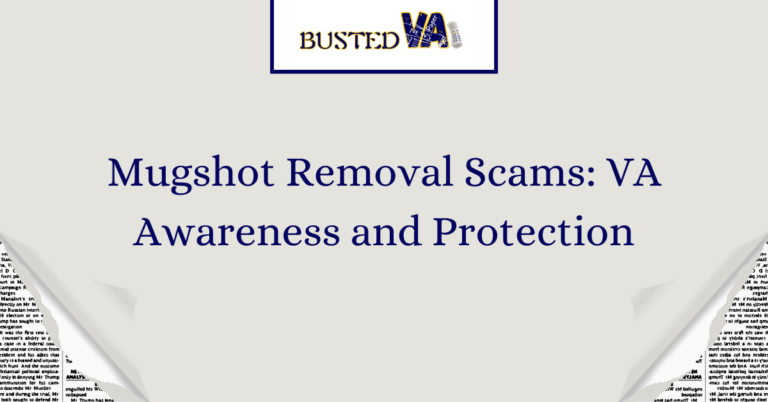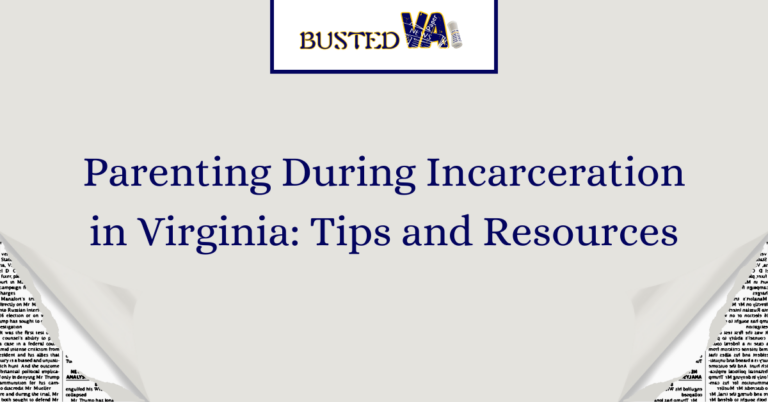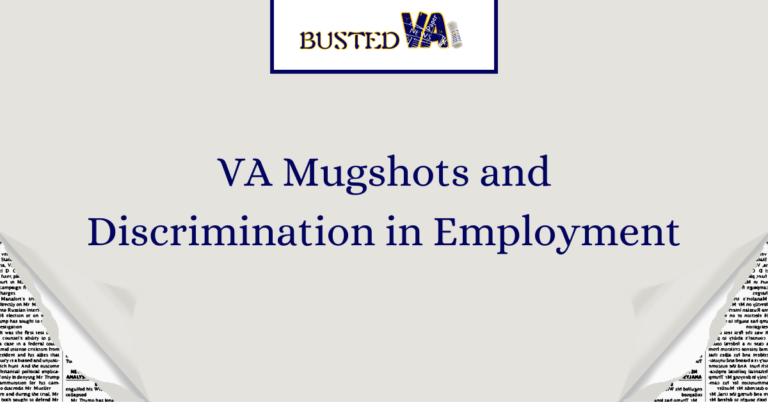VA Mugshots and Inmate Voting Rights: A Guide
Discover the fascinating world of VA Mugshots and Inmate Voting Rights with our comprehensive guide. Whether you’re a concerned citizen, a legal professional, or simply curious about the criminal justice system, this informative resource will provide you with valuable insights and important knowledge.
Delve into the complex relationship between mugshots and inmate voting rights in Virginia. Explore the laws, regulations, and controversies surrounding these topics, and gain a deeper understanding of the impact they have on individuals and society as a whole. Our guide offers a well-researched and unbiased perspective, presenting the facts in a clear and concise manner to ensure easy comprehension for readers of all backgrounds.
The History of Mugshots
Before delving into the relationship between mugshots and inmate voting rights in Virginia, it is important to understand the history of mugshots and their significance in the criminal justice system. Mugshots, also known as booking photographs, have been used by law enforcement agencies for over a century to document and identify individuals who have been arrested.
The practice of taking photographs of criminals began in the mid-19th century, with the invention of photography. Initially, mugshots were taken primarily for identification purposes within the police system. However, over time, they have also come to serve as a public record of a person’s criminal history.
Today, mugshots are easily accessible to the public through various online databases and websites. This accessibility has sparked debates about privacy rights and the potential for mugshots to unfairly stigmatize individuals, even if they are not convicted of a crime.
The Importance of Inmate Voting Rights
As we explore the relationship between mugshots and inmate voting rights, it is crucial to recognize the significance of voting rights for incarcerated individuals. Voting is a fundamental right in a democratic society, and it plays a crucial role in shaping public policy and electing representatives who will advocate for the interests of all citizens.
However, the issue of voting rights for inmates has been a subject of controversy and debate. In the United States, each state has the authority to determine its own voting laws, including whether or not incarcerated individuals have the right to vote.
Laws and Regulations
Virginia, like many other states, has specific laws and regulations regarding inmate voting rights. Currently, individuals who are incarcerated for a felony conviction in Virginia are disenfranchised and unable to vote. However, once they have completed their sentence, including any probation or parole, their voting rights are automatically restored.
This restoration of voting rights upon completion of a sentence is a significant step towards reintegrating individuals into society and promoting their civic engagement. It acknowledges that individuals who have served their time should have the opportunity to participate in the democratic process and have a voice in shaping their communities.
The Controversies Surrounding Inmate Voting Rights
While Virginia’s approach to inmate voting rights may seem straightforward, it is not without controversies. Some argue that individuals convicted of serious crimes should permanently lose their right to vote as a consequence of their actions. They believe that voting is a privilege that should be reserved for law-abiding citizens.
On the other hand, proponents of restoring voting rights for all individuals, regardless of their criminal history, argue that disenfranchisement perpetuates inequality and disproportionately affects marginalized communities. They assert that denying voting rights to inmates undermines the principles of democracy and hinders the rehabilitation and reintegration process.
The Impact on Individuals and Society
The relationship between mugshots and inmate voting rights is complex and interconnected. Mugshots, often easily accessible to the public, can carry lasting social and professional consequences for individuals, even after they have served their sentences. This can further perpetuate the cycle of incarceration and hinder individuals from successfully reintegrating into society.
Similarly, the denial of voting rights to incarcerated individuals can have far-reaching implications. It not only affects the individuals themselves but also their families and communities. By excluding them from the democratic process, we miss out on diverse perspectives and valuable contributions that can help shape a more inclusive and representative society.
FAQs
Can I access VA Mugshots online?
Yes, VA Mugshots are considered public records, and in many cases, they can be accessed online. Various websites and databases provide access to these mugshots, allowing you to search for specific individuals or browse through recent arrests.
Are VA Mugshots always accurate?
While VA Mugshots serve as documentation of an arrest, it is important to remember that individuals are innocent until proven guilty. Therefore, mugshots should not be taken as proof of someone’s guilt. Mistakes can happen, and it is crucial to await the outcome of legal proceedings before making judgments based solely on a mugshot.
Can I request the removal of my VA Mugshot from online platforms?
In certain cases, it is possible to have a VA Mugshot removed from online platforms. However, the process can vary depending on the website or database hosting the mugshot. Some websites may require a fee or proof of legal expungement before considering removal requests.
What are the voting rights of inmates in Virginia?
In Virginia, individuals convicted of a felony lose their right to vote while incarcerated. However, upon completion of their sentence, including any probation or parole, their voting rights are automatically restored. It is important to note that individuals with misdemeanor convictions maintain their right to vote during and after their sentence.

